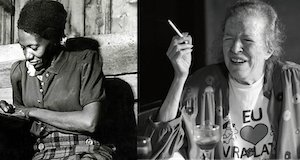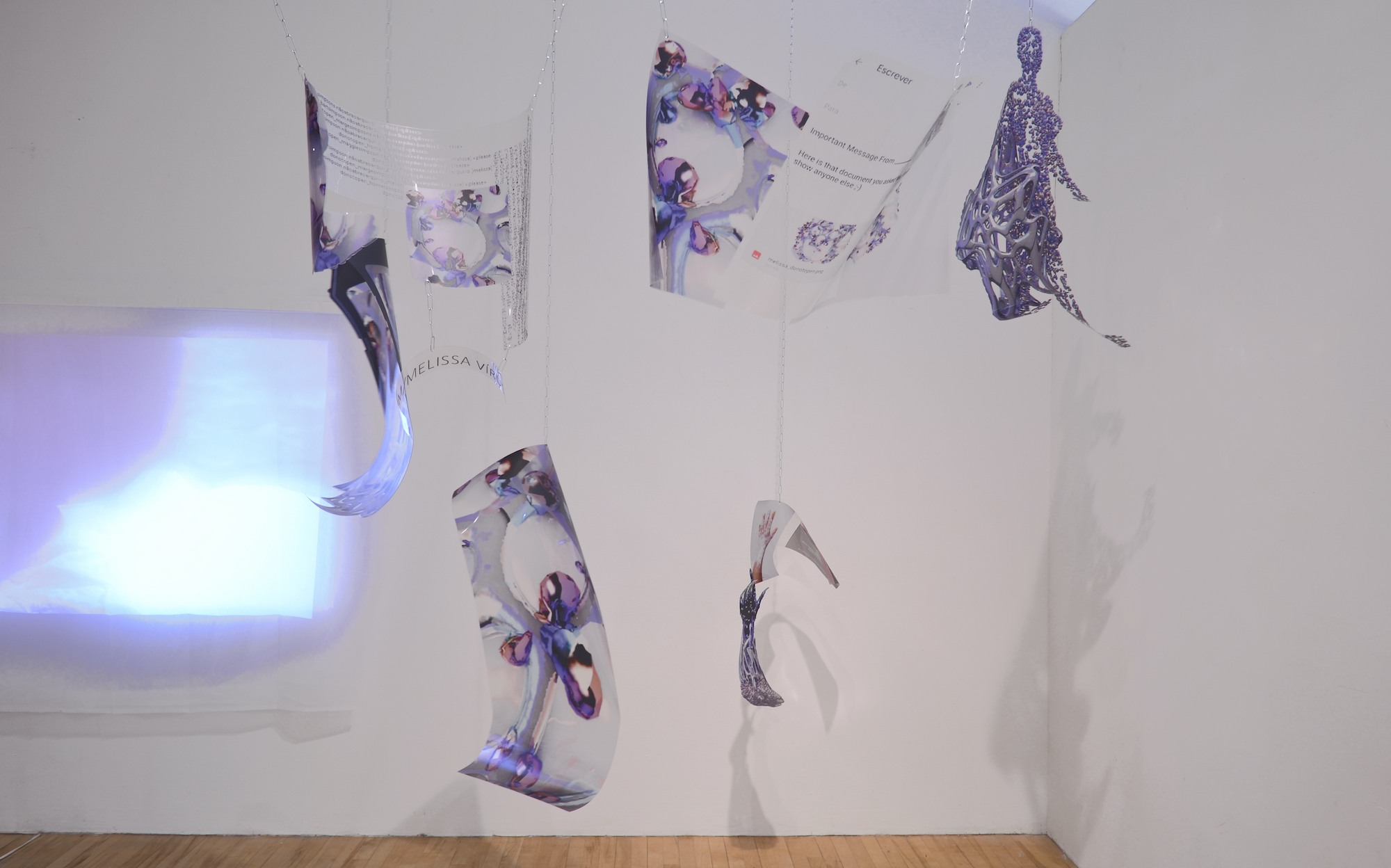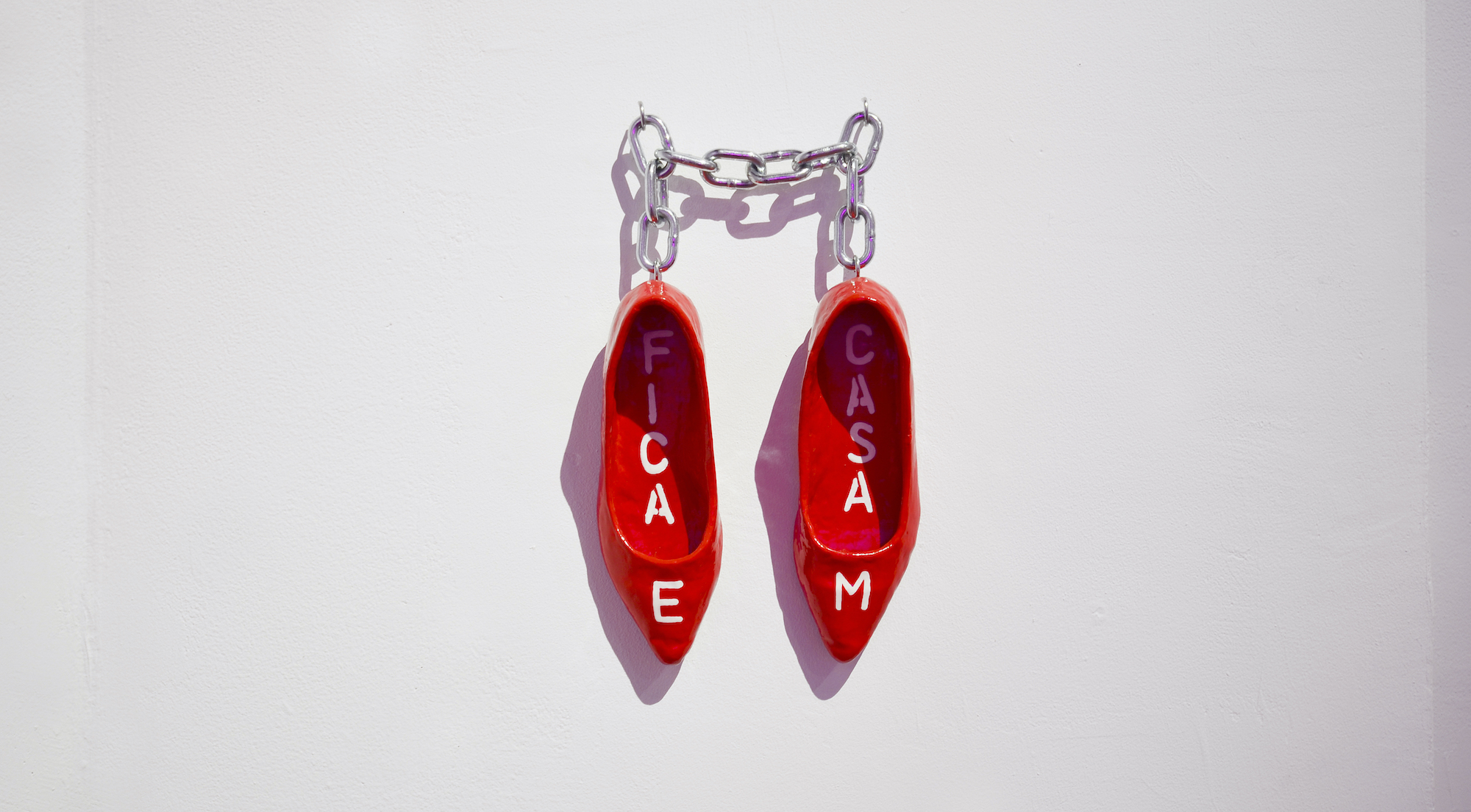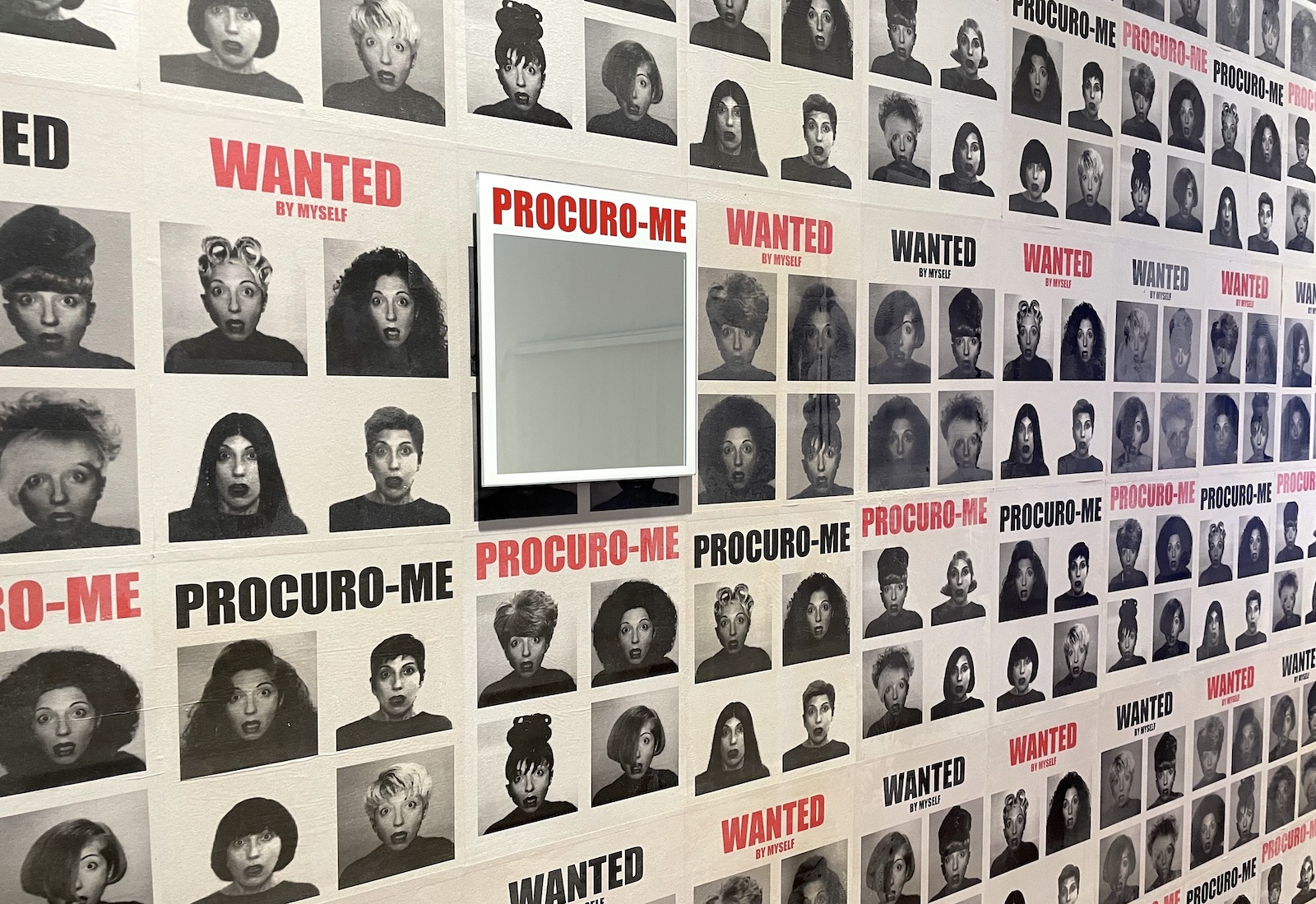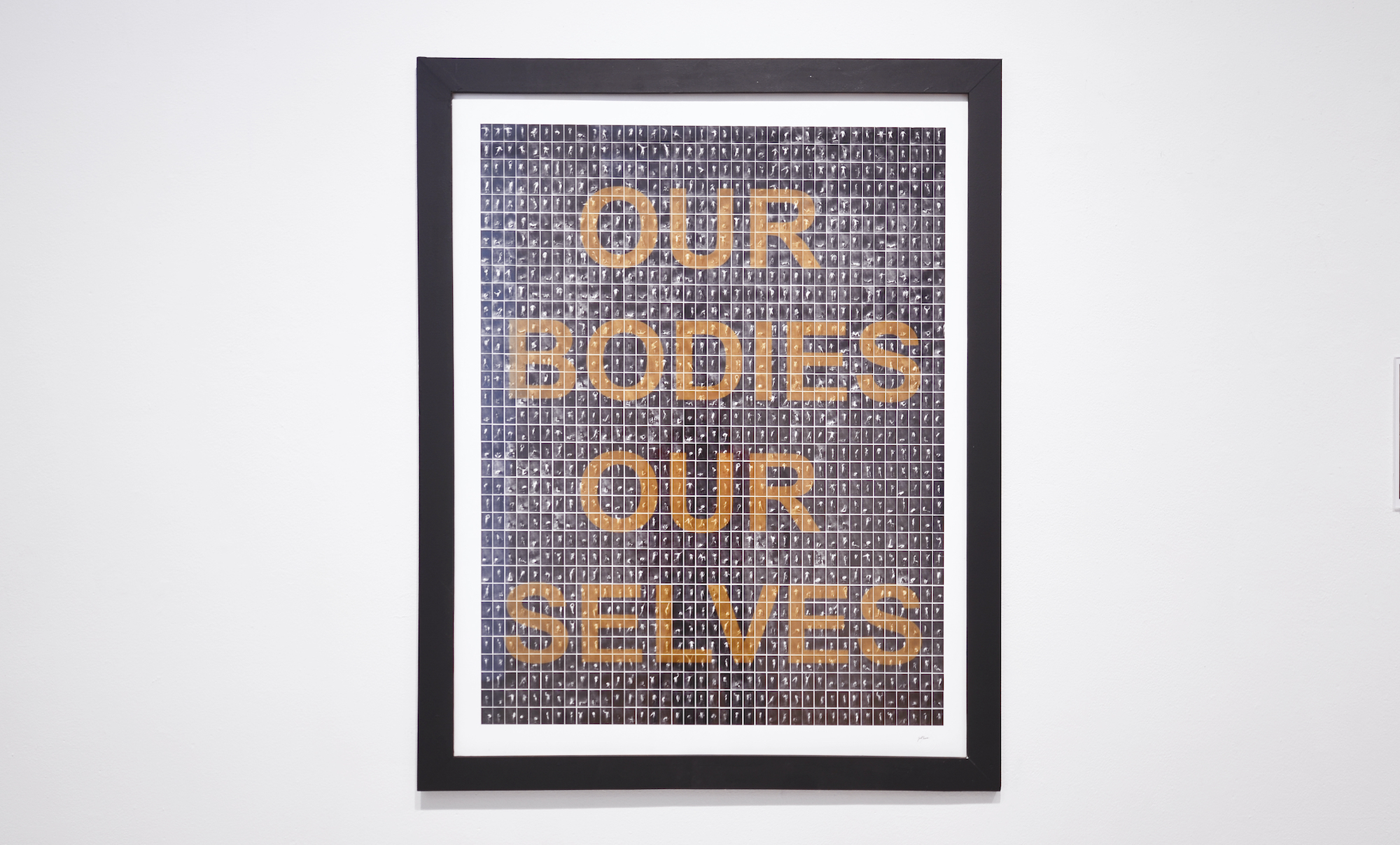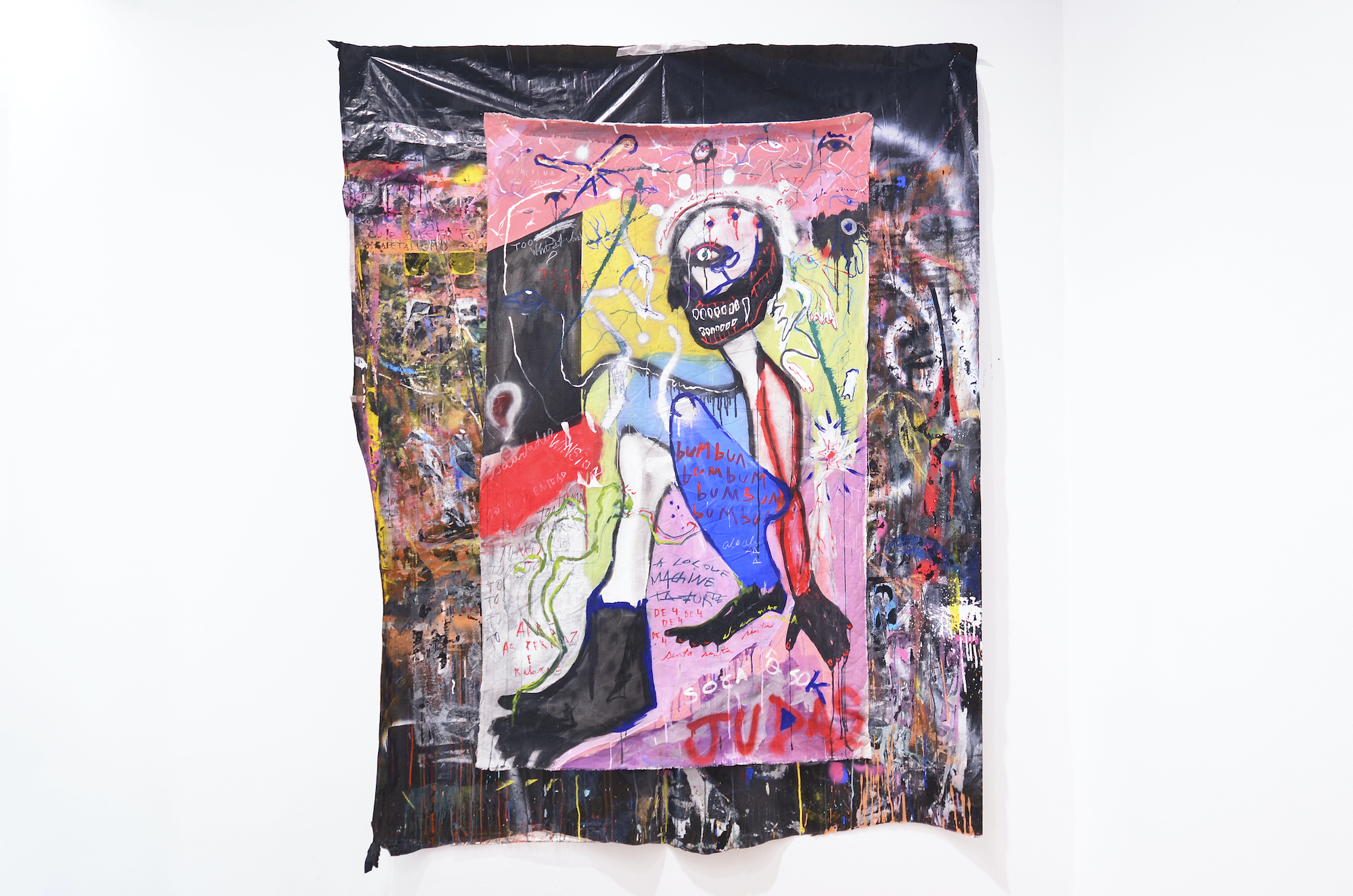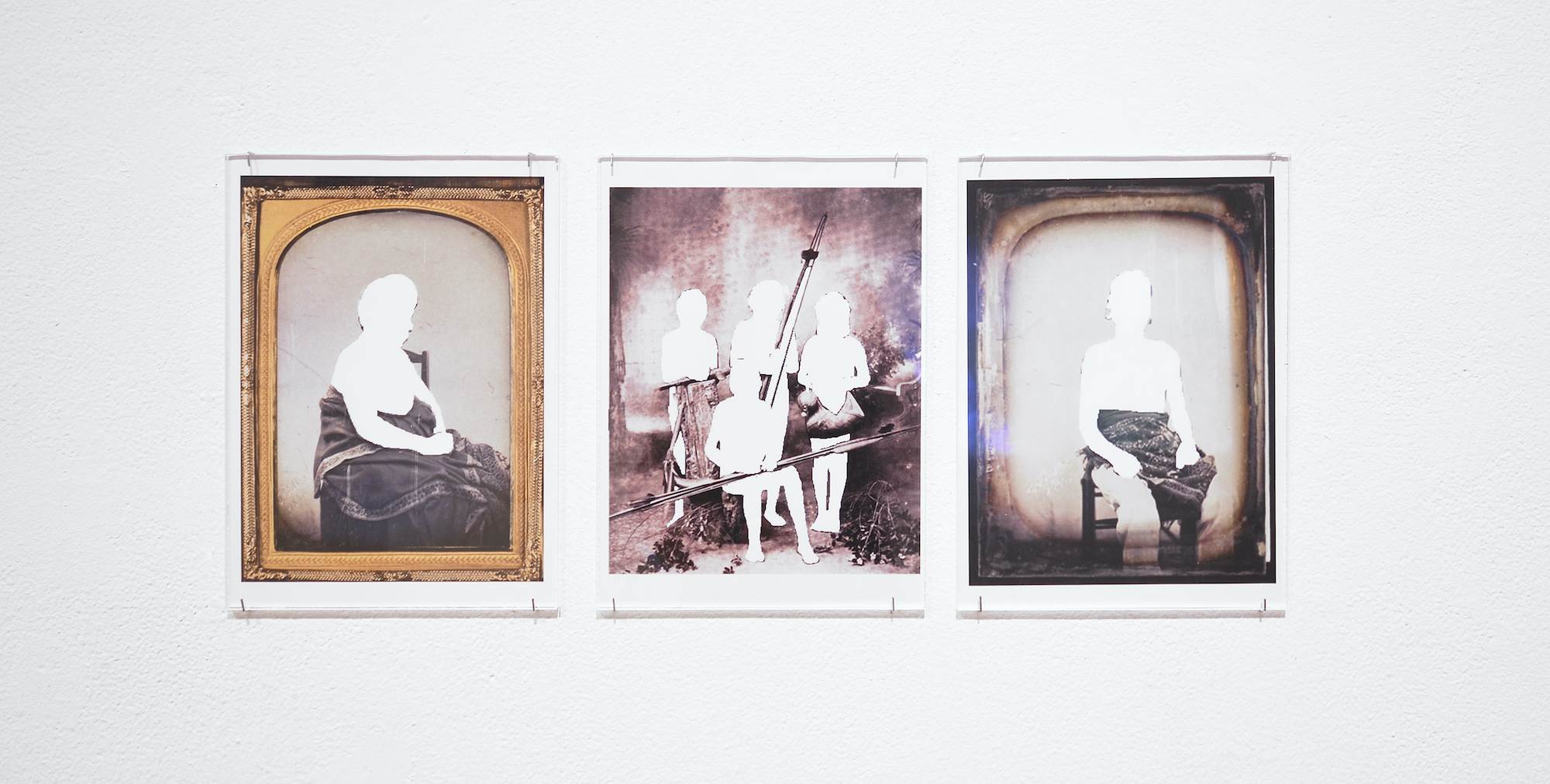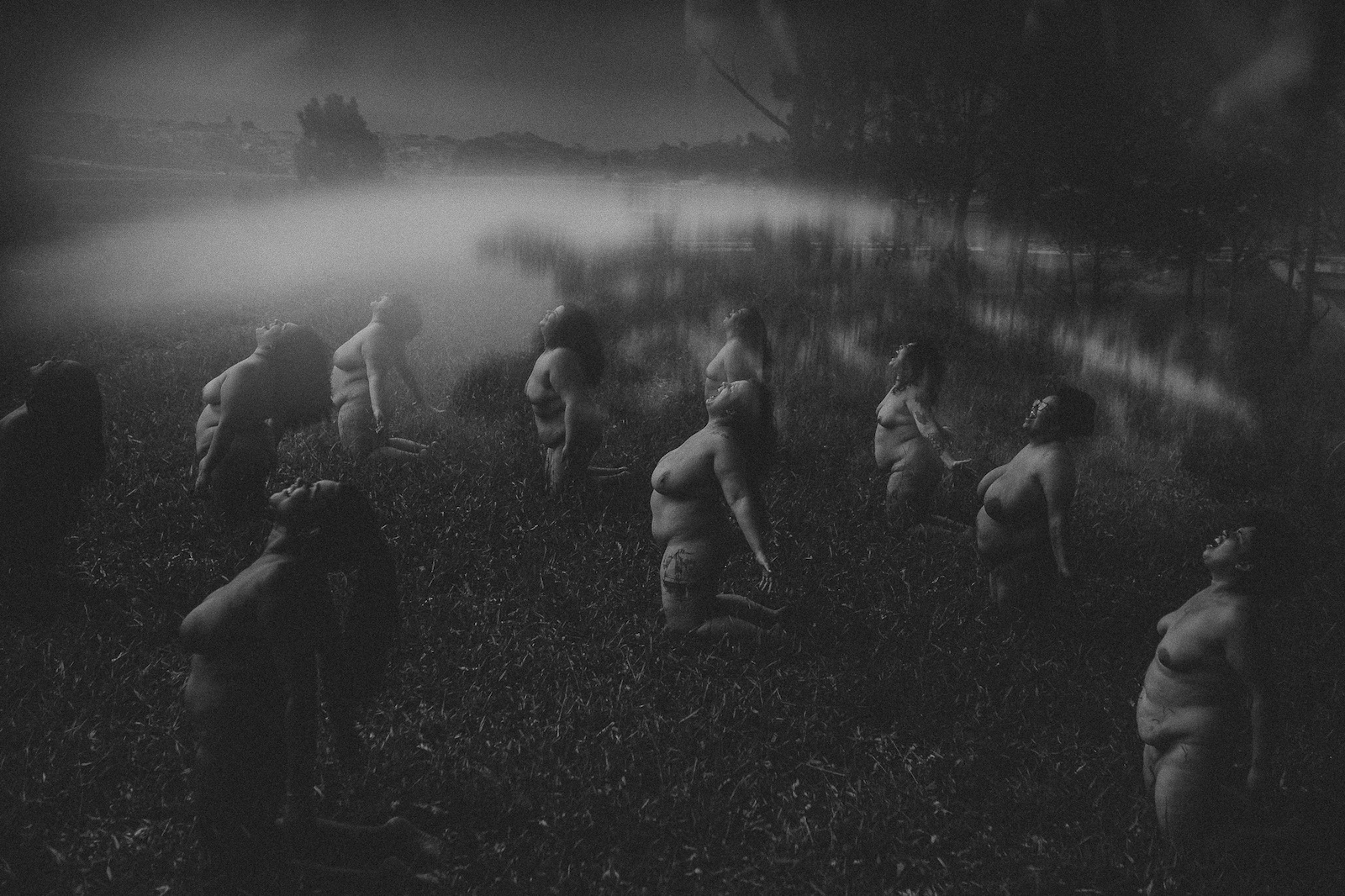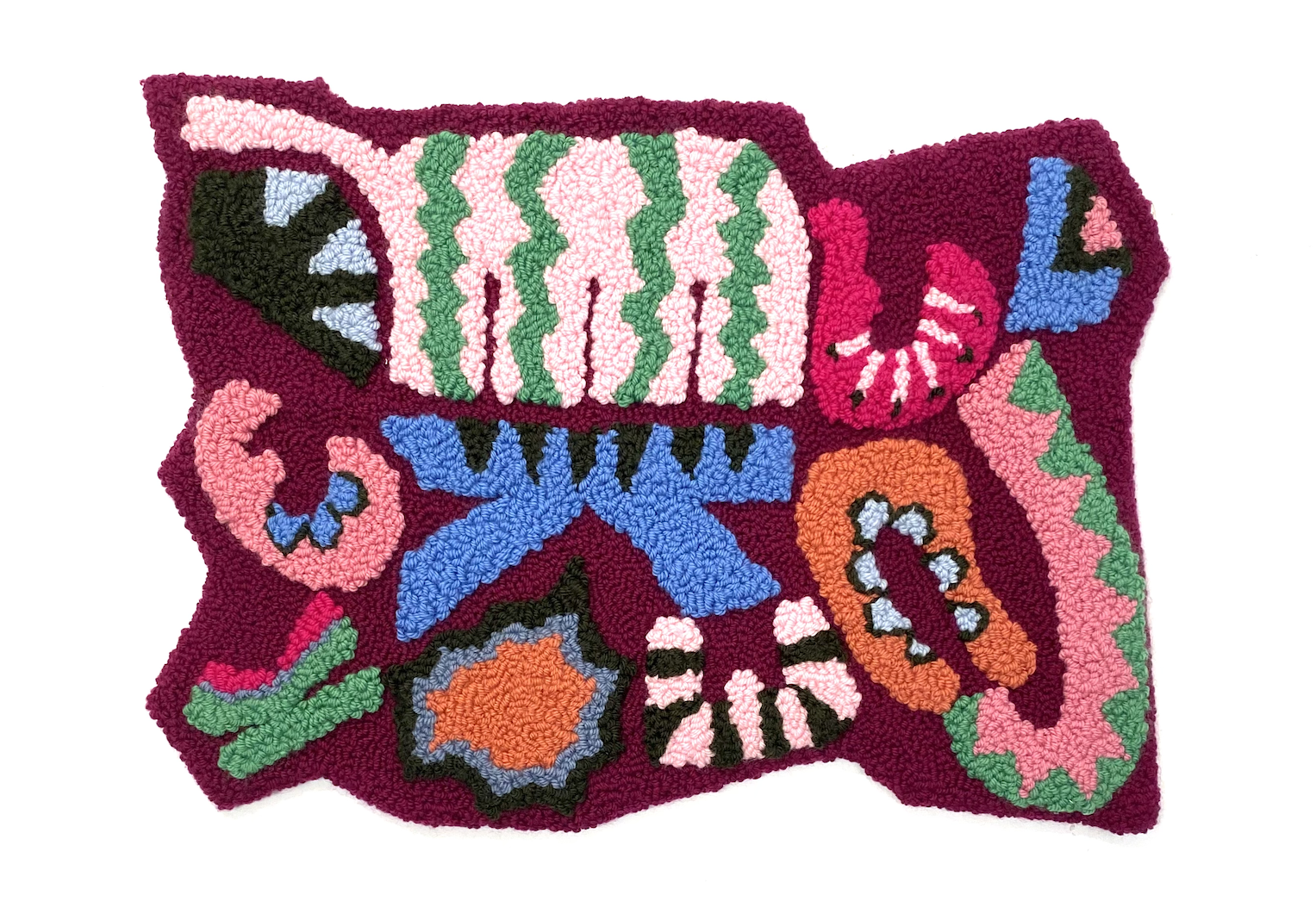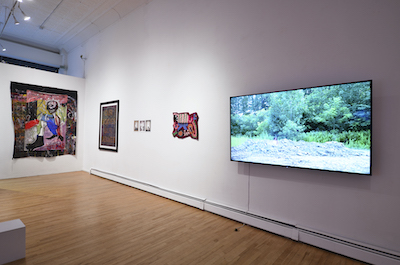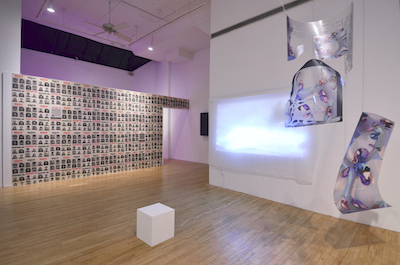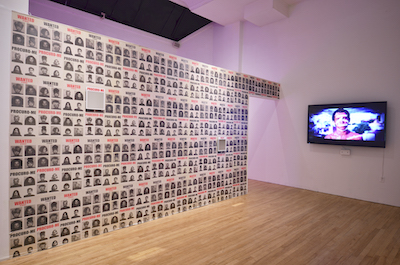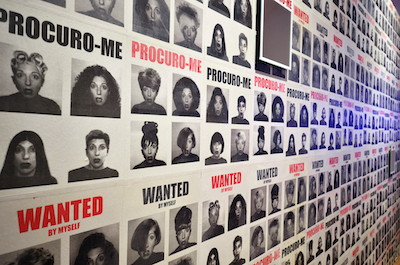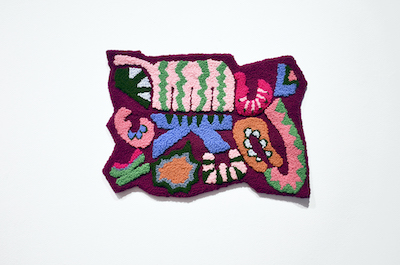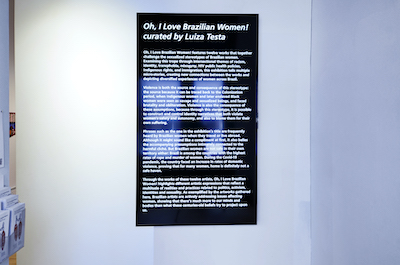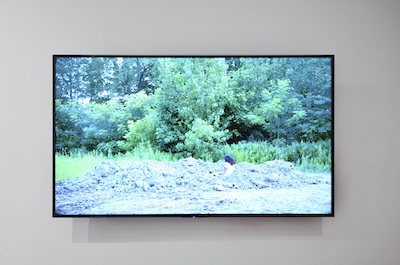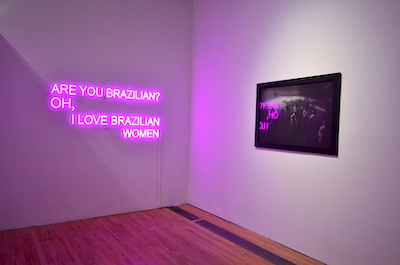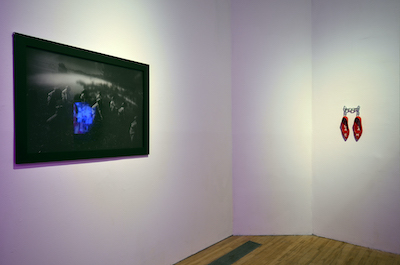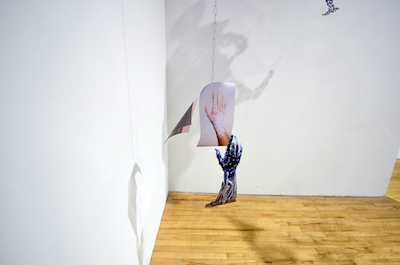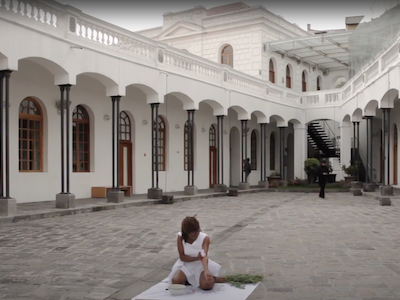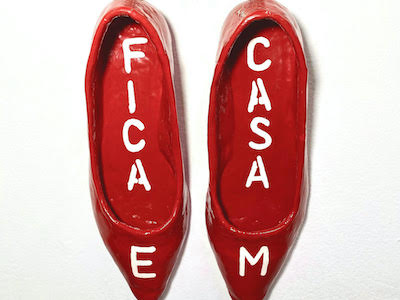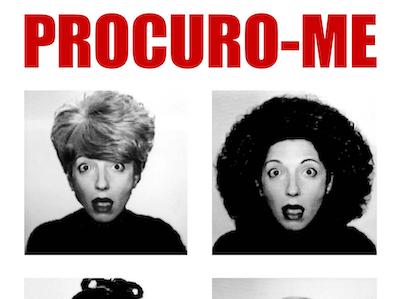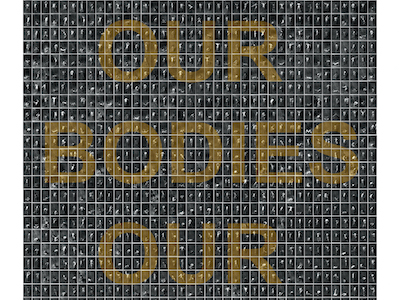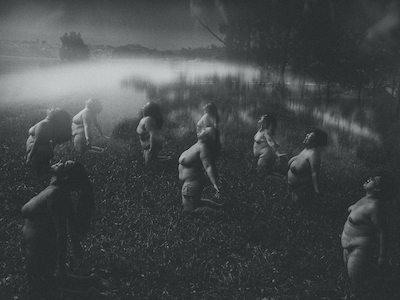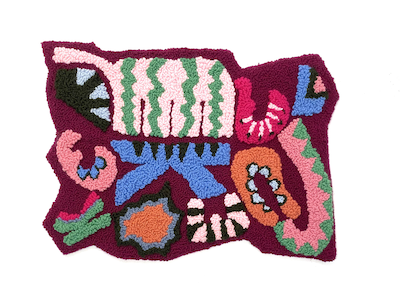The fantasy that Brazil's territories and women are prime for exploitation has been promoted from the moment of colonization, through 20th century tourism, even to political speeches of today. The result has cemented a stereotype that incites violence against and sexualization of Brazilian women—both at home, and around the world; today, Brazil has one of the highest rates of murder and rape of women and trans people, and in places like London, 80% of Brazilian women fall victim to domestic violence.
The exhibition Oh, I Love Brazilian Women! presents works by twelve artists who critique this image of eroticized beauty and its dangerous outcomes. Examining the colonial and biological origins of harmful stereotypes that disproportionately affect Black and Indigenous women, and how such tropes are reinforced through Brazil's national narrative of "racial democratization," the works on view illustrate the psychological and physical toll of incessant objectification and dehumanization.
Through contemporary art, photography, interventions, and video-performances, selected works delve into the inequalities that women bear in an attempt to transform collective pain into a reassertion of identity and collective liberation.
Special thanks to Sesc Art Collection, Coleção Museu de Arte Moderna MAM São Paulo, Gomide & Co., vandlart.
Luiza Testa (b.1987), is a translator, researcher and art producer from São Paulo, Brazil. She holds a B.A. in Brazilian and French Literature and Languages from the University of São Paulo (USP) and an M.A. in Critical Theory and the Arts from the School of Visual Arts, in New York. Her focus is on questions of gender, sexuality and ethnicity and their interactions in society.




